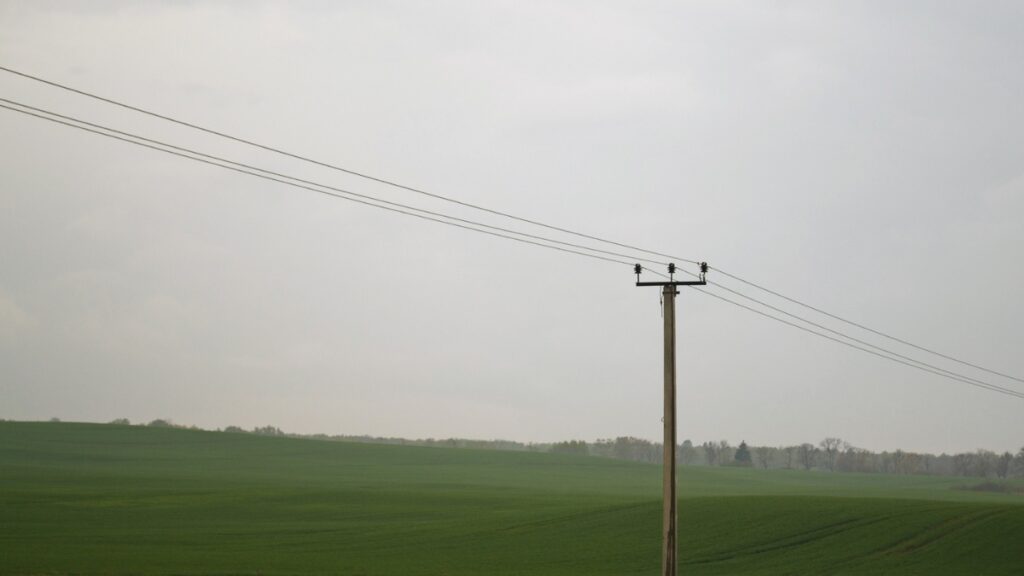
Not being able to make a phone call or access the internet is an unfair, yet all-too regular, occurrence for people living in rural communities. Disparities in connection between rural and urban areas cause consequences that run much deeper than just frustration. In this article, Hamish White, CEO of telecom services provider Mobilise, discusses the inequalities of poor rural connectivity and what’s being done to help.
Campaigns such as Realising the Vision, led by the Rural Services Network (RSN), are challenging the connectivity inequalities that rural communities face — with broadband a hot topic. And they have a big challenge to tackle. In fact, 30 per cent of rural premises in England still cannot make an indoor phone call on all four of the major mobile networks, while 54 per cent cannot connect to 4G indoors.
The Trouble with Rural Connection
Slow, or no, connectivity in less populated rural areas is a consequence of lack and costs of infrastructure. The geographies of rural areas increase installation costs and lower popular densities reduce commercial return for providers — meaning many rural areas are left without reliable broadband.
Installing broadband in these areas is more expensive because it involves taking the physical fibre cables along roads and fields and placing them in underground ducts or across overhead poles. To execute this, trenches must be dug, which can cause road closures and disruption, amounting to large civil engineering costs.
Less Connection, Fewer Opportunities
The UK Government’s Connected Nations report, last updated in 2021, states that 17 per cent of rural residential premises and 30 per cent of rural commercial premises still do not have access to superfast broadband of 30 Mbit/s or higher.
Besides the everyday challenges that poor connection brings to those in rural communities, the disparity between connectivity in rural and urban areas means opportunities are missed. For example, poor broadband makes it harder to access telehealth, emergency services and makes working remotely more difficult. Businesses cannot thrive in rural areas without stable broadband connection as those in towns and cities do.
The Shared Rural Network
While the UK has made improvements in the last few years to increase broadband connection, it isn’t enough to bridge the gap between rural connectivity and urban connectivity. Instead, the UK Government launched the Shared Rural Network (SRN) — an agreement involving the nations largest mobile network operators (MNOs) EE, O2, Three and Vodafone. The SRN will enable these MNOs to share masts and permit roaming between their networks, at locations where this can plug gaps in 4G coverage.
Running until 2027, the aim is to provide coverage to 280,000 premises, for people in cars on an additional 16,000km of the UK’s roads, and to improve geographic coverage to 79 per cent of areas of natural beauty, and 74 per cent of national parks, benefitting millions of visitors every year.
Increasing access of broadband infrastructure in rural areas will ultimately improve quality of life, as well as helping social and commercial areas such as encouraging business, job and population growth.
In the meantime, mobile virtual network operators (MVNOs) must be flexible in the services they deliver and be reactive to the changing telecoms landscape. Using its experience from launching 4G virtual mobile networks, Mobilise offers a consultancy on 5G strategy — 5GTM — which provides a modular suite of end-to-end support services to help transition from 4G to 5G, when the time comes. In fact, this experience has enabled one of Mobilise’s partners to become Guyana’s third mobile operator. This is a significant step for improving connectivity in Guyana, which regularly struggles with poor connectivity because of low density populations and lack of stable electricity provisions.
We’ve all experienced the frustrating ‘no service’ symbol on our mobiles in a rural area.
Although the SRN will be crucial in improving broadband in rural areas, for now it’s down to network operators to ensure they get ahead and offer flexible services for rural customers.
About Mobilise
Mobilise is a leading provider of SaaS solutions to the telecommunications industry. Focused on delivering highly engaging digital-first service propositions with excellent customer experience, Mobilise has a proven track record, deep industry knowledge and a team of specialists to support clients to building and executing transformational strategies.
Clients range from large corporate organisations with over 100,000 employees to small enterprises with under 20 employees. Mobilise has a deep knowledge of the telecoms business model and our experience includes working with over 40 service providers across eight markets for brands including Virgin, Dixon’s Carphone, Red Bull Mobile, Manx Telecom and Freenet.